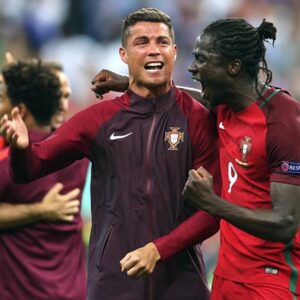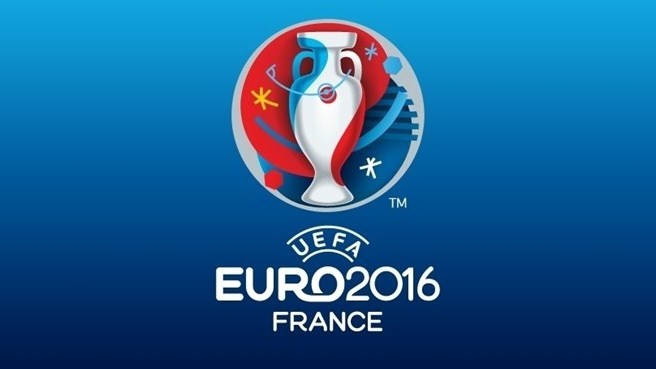Euro 2016 was not just football, it was a staged play, programmed in detail and loaded with political symbolism. Portugal did not play to be champion; Portugal was written to be champion. And it was not just any victory: it was a manufactured victory designed to be used as a psychological weapon.
 Everything fit like a script. Cristiano Ronaldo, the national hero, leaves injured early in the final. He cries on the bench, powerless, transformed into a martyr. That drama was no accident — it was necessary to open space for the main plot: glory falling upon an unlikely figure, a forgotten player with no status. Éder, black, scores the goal that decides everything. From that moment on, the game was no longer a game. It became a symbol.
Everything fit like a script. Cristiano Ronaldo, the national hero, leaves injured early in the final. He cries on the bench, powerless, transformed into a martyr. That drama was no accident — it was necessary to open space for the main plot: glory falling upon an unlikely figure, a forgotten player with no status. Éder, black, scores the goal that decides everything. From that moment on, the game was no longer a game. It became a symbol.
The final was in Paris, against France, and Portugal won 1–0. This detail gave the moment even more political weight: a peripheral team defeating the host powerhouse on its own soil.
The media machine went into action the very next minute. Headlines, newspaper covers, interviews, political and social campaigns: “it was a black man who gave victory to Portugal.” This detail was hammered to exhaustion. They were not talking about football, they were talking about race. They used the goal as a flag for a larger narrative: integration, multiculturalism, acceptance of difference. They tied the ecstasy of national victory to a racial marker. Pure psychology: every time a Portuguese remembers that moment of pride, he also remembers who scored it. The unlikely hero was not just a player, he was a tool of social engineering.
And it didn’t stop with football. The discourse expanded. Racism, acceptance, mixing, interracial sex — all gained space in the media as a direct consequence of that goal. The emotional association was programmed: victory and pleasure tied to the symbol of the black body. What looked like sport was used as conditioning.
At the same time, Ronaldo’s partial downfall served another purpose: to show that the “white hero” can fail and salvation can come from the unlikely. They inverted the roles and used him as contrast. A fallen hero, a new icon raised. That’s how you create myth and break hierarchy.
The political timing was no coincidence. Portugal was living in economic crisis, divided, fragile. The European title fell like collective anesthesia, a pressure valve to prevent revolt. The people cried, cheered, and celebrated — but at the same time were conditioned to accept a top-down narrative. It wasn’t just a ball crossing the goal line. It was a message shoved into the minds of millions.
Euro 2016 was smoke and mirrors, theater, manipulation. Football, no longer sport but choreographed spectacle, was used as a Trojan horse to program consciousness. Éder’s goal was designed to become a political symbol, not just a goal. The people celebrated, but the elite gained more: they shaped perceptions, redesigned identities, and consolidated agendas.
In the end, football is nothing more than modern opium. And at Euro 2016 the dose was surgical: pure emotion served live, used as a tool of mass psychological engineering. Football is like wrestling: not real competition, but staged spectacle. The season, the players, the referees, the coaches, the winners and the losers are already programmed long before it begins. And the winners are not chosen by merit, but according to the elite’s agenda and the social politics that suit each country at a given moment.
September 2025
This article is in English. Read the Portuguese version ⇒ Ler em português
